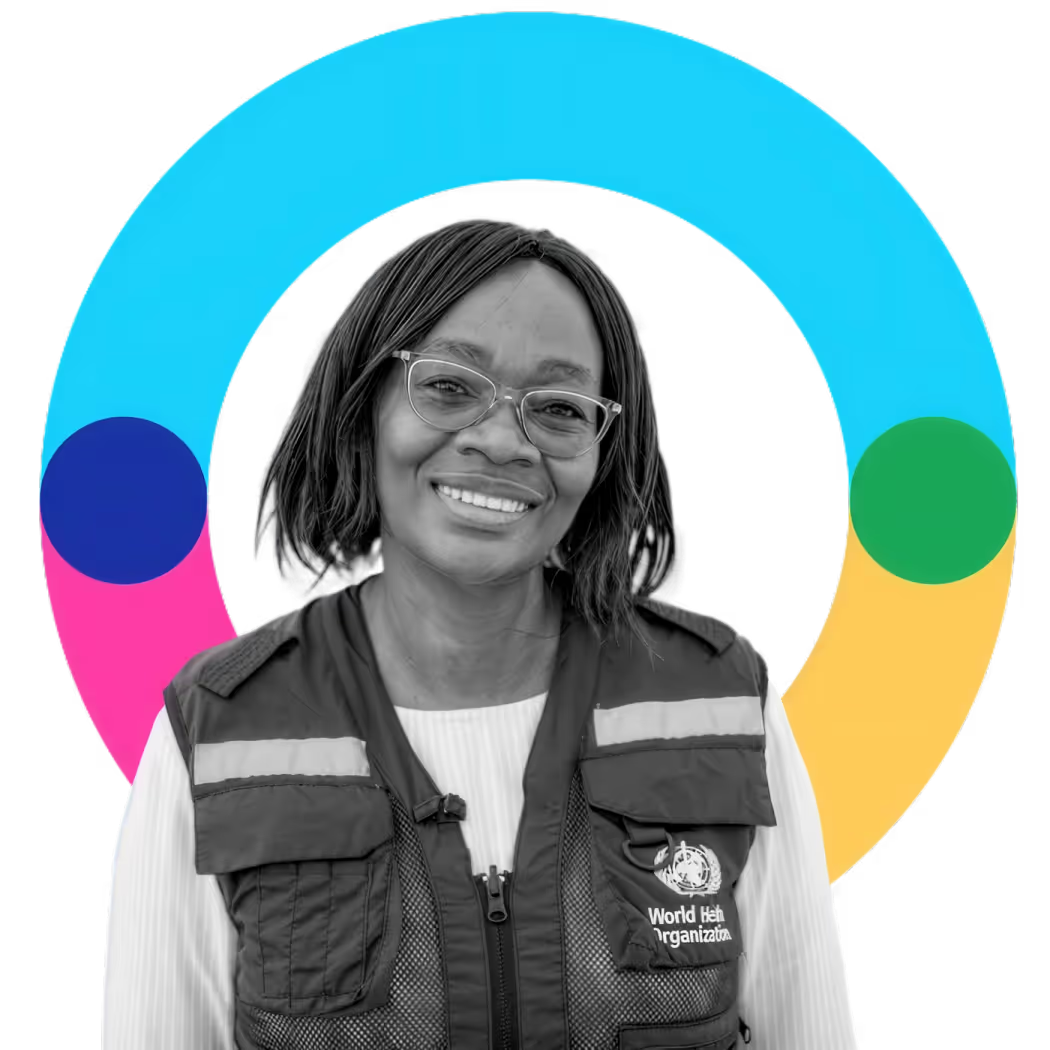Acute Care Training
Laerdal Global Health and the WHO Foundation will fund the World Health Organization (WHO) to scale up acute care training for health workers across several African countries. Join us in our mission to expand acute care training.

What is our goal?
Laerdal Global Health has announced a $12.5 million commitment that will:
- Fund WHO Basic Emergency Care (BEC) training in 400 hospitals across three African countries
- Deliver specially designed training kits for ongoing workplace-based training
Our goal now is to reach $25 million in contributions and bring this program to 1,000 hospitals in five or more countries, saving an estimated 50,000 lives every year. We hope Laerdal Global Health’s initial contribution will inspire more private and public partners to get in touch with us and discuss how they could join this cause to save lives.
Deaths due emergency conditions in 2019
Reduction in mortality due to BEC training
Global percentage of those that have received BEC training that are nurses & midwives
What is BEC?
The BEC course is a simple, structured training program created by the WHO to help health workers quickly recognize and manage emergencies. It helps doctors, nurses, and ambulance staff respond confidently in situations involving breathing problems, shock, injuries, or changes in mental state.
BEC training teaches a clear step-by-step method to handle common emergencies, such as injuries, infections, heart attack and stroke, and pregnancy complications. It’s practical for many different environments, from clinics, ambulances and hospitals to emergency situations like natural disasters or conflicts.
Learn more about BEC here.
Days it takes to provide BEC training
Modules created to deliver the training
What is at risk?
Scaling up acute care is urgent because up to half of deaths in low- and middle‑income countries could be prevented with basic emergency treatment. Without rapid expansion of programs like BEC, countless patients suffering from pneumonia, traumatic injuries, diabetic emergencies, severe bleeding after childbirth, and other acute conditions risk dying needlessly. Failing to act means lifesaving care remains out of reach for millions.
How can you help?
Get in touch with our team to learn more about how your partnership could help expand BEC to more countries.
We aim to raise $25M to bring this program to 1,000 hospitals in five or more countries, saving an estimated 50,000 lives every year.
The power and potential of the WHO Foundation comes from its people. We are mission and values-driven and hold ourselves accountable for aligning our actions to our values.
Speak to our team
